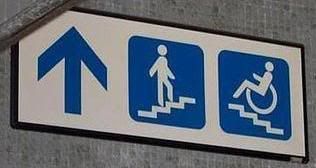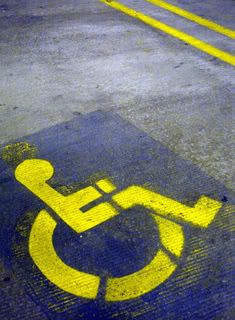 Should the UK adopt a new United Nations treaty on disabilities?
Should the UK adopt a new United Nations treaty on disabilities?
Countries that adopt the treaty will have to get rid of laws, customs and practices that discriminate against disabled people.
The convention sets out the rights of disabled people, covering civil and political rights, accessibility, participation and inclusion, education, health, employment and social protection.
Scope says this treaty could do a lot to improve the rights of Britain's 11 million disabled people - but only if the government ratifies all of it.
It is far better than any such laws are made in our Parliament and discussed properly by our elected representatives, and tailored specifically to fit the UK situation. Then it can be modified to take account of the way in which our society works as needed. Rather than it being impossible to modify it.
Image: The FAIL Blog





































